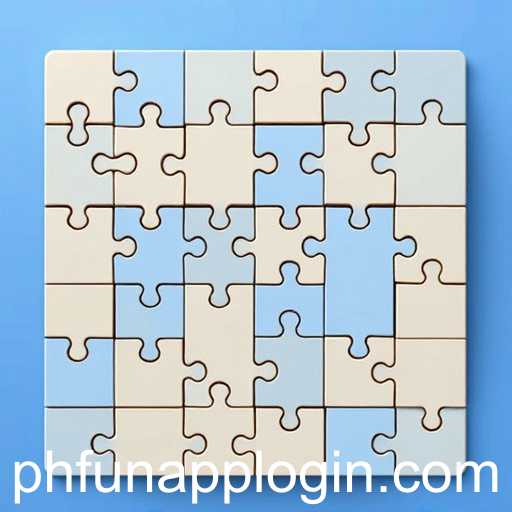In the digital age, the dynamics of education have seen tremendous transformations, especially with the advent of e-learning platforms that incorporate innovative methods to assimilate knowledge. A prime example is the emergence of 'Grammar Games,' a captivating category found on various educational websites under the intriguing keyword 'phfun.' These games not only redefine how grammar is traditionally taught but also ensure that learning remains a fun and engaging process. Grammar, often perceived as a daunting subject, lays the foundation for effective communication. Yet, despite its significance, students of all ages frequently find themselves grappling with the complexities of syntax and rules. This is where 'Grammar Games' come into play, offering interactive experiences that simplify these complexities while keeping the intrigue intact. 'Phfun' as a keyword captures the essence of this approach. It symbolizes a paradigm shift from conventional methodologies to ones that prioritize 'fun' as a core component of learning. These games are structured to foster an environment where learners are motivated by game-based mechanics. By utilizing puzzles, quizzes, and creative challenges, they encourage users to explore grammatical concepts intuitively. This stimulates curiosity, which, in turn, leads to a deeper understanding of the subject matter. The impact of such games extends beyond mere learning. They enhance problem-solving skills, critical thinking, and adaptability, qualities that are invaluable in the ever-evolving educational landscape. Moreover, the varied game formats—ranging from competitive multiplayer scenarios to solitary challenges—cater to diverse learning styles ensuring inclusivity and accessibility. In addition to aiding individual learners, grammar games serve as effective tools for educators and linguists. Teachers can incorporate these games into their curricula, ensuring that students not only memorize grammatical rules but also understand their practical applications. The feedback mechanisms within these games are particularly beneficial, allowing learners to track their progress and identify areas for improvement. In conclusion, 'Grammar Games' present a revolutionary step in language education. By seamlessly blending fun with learning, they successfully dismantle the barriers that hinder effective grammar acquisition. With the keyword 'phfun,' these games invite learners on an exciting journey where education transcends traditional boundaries, promising an enriching and unforgettable learning experience. As digital learning continues to evolve, the role of such interactive tools will undoubtedly become more prominent, shaping the future of education in ways we are only beginning to comprehend.








